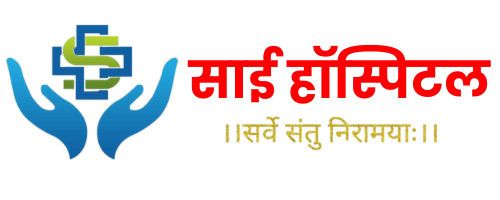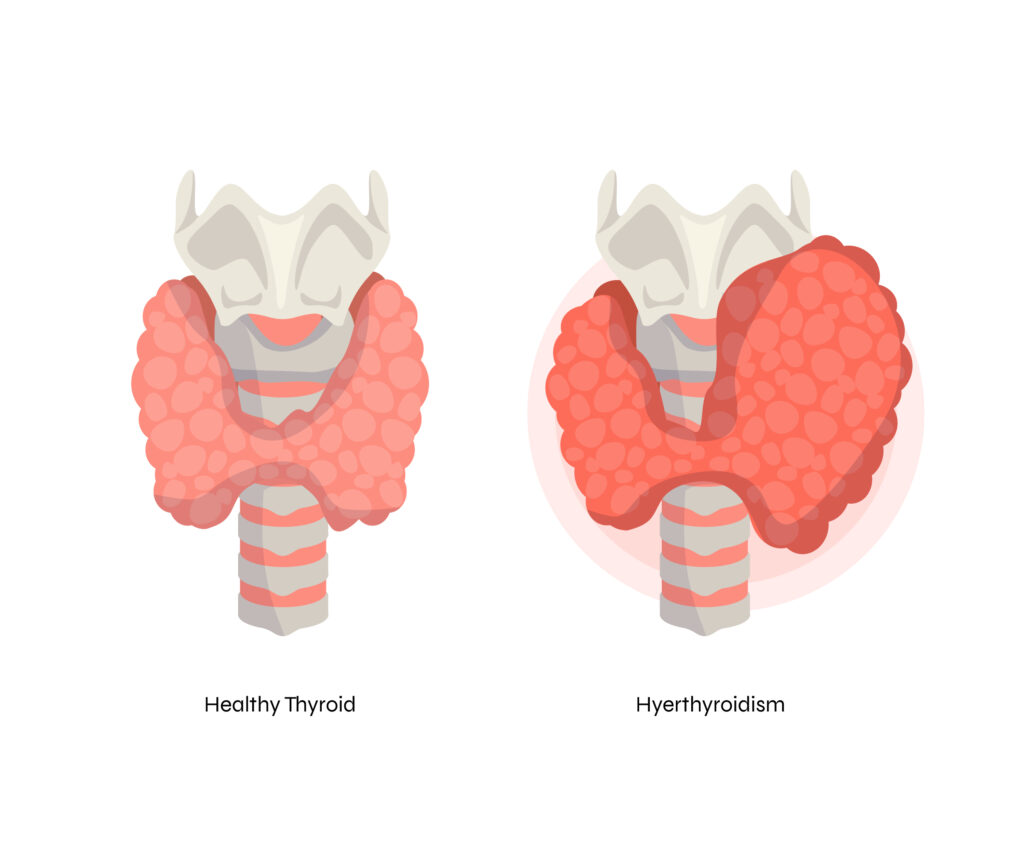Introduction to Thyroid Disorders and Hyperthyroidism
The thyroid is a small gland in your neck. It helps control your body’s energy and metabolism. Sometimes, the thyroid can become overactive. This condition is called hyperthyroidism. Many people look for natural remedies for thyroid disorders. Ayurvedic management of hyperthyroidism offers gentle, holistic options. Ayurveda is an ancient Indian system of medicine. It focuses on balance and natural healing.
Symptoms and Causes of Hyperthyroidism
Hyperthyroidism can affect your whole body. Early signs may be mild, but they can become serious. Common symptoms include:
There are several causes of hyperthyroidism. The most common is Graves’ disease, an immune system problem. Sometimes, thyroid nodules or too much iodine can also cause it. Because symptoms can be similar to other problems, it is important to get a proper diagnosis.
Ayurvedic Perspective on Thyroid Imbalance
Ayurveda views health as a balance of three energies: Vata, Pitta, and Kapha. According to Ayurveda, hyperthyroidism is often linked to an imbalance in Pitta and Vata. This imbalance can cause the body to speed up. As a result, you may feel restless, lose weight, or sweat more. Ayurveda aims to restore balance using natural methods.
Ayurvedic Diagnostic Approaches for Hyperthyroidism
Ayurvedic doctors use several ways to find imbalances. First, they ask about your symptoms and daily habits. Next, they may check your pulse, tongue, and eyes. These checks help find which doshas are out of balance. Sometimes, they may also suggest modern blood tests to confirm thyroid hormone levels. This combined approach helps create a personalized plan.
Ayurvedic Treatments: Herbs, Therapies, and Dietary Recommendations
Ayurvedic management of hyperthyroidism uses gentle, natural remedies. These may include:
Always talk to a qualified Ayurvedic practitioner before starting herbs or therapies. Some remedies may not suit everyone.
Lifestyle Guidance and Prevention Tips Based on Ayurveda
Ayurveda for thyroid health includes daily habits that support balance. Here are some simple tips:
These steps can help prevent thyroid problems and support overall well-being.
Safety, Limitations, and When to Seek Medical Advice
Natural remedies for thyroid disorders can be helpful. However, they may not replace standard medical care. Hyperthyroidism can lead to serious health issues if not treated properly. Always consult a doctor for a clear diagnosis. If you have severe symptoms like chest pain, trouble breathing, or confusion, seek medical help right away. Ayurvedic treatment for hyperthyroidism works best when combined with regular medical check-ups.
Conclusion
Ayurvedic management of hyperthyroidism offers gentle, natural ways to support thyroid health. With the right herbs, diet, and lifestyle, you can help restore balance. However, always consult a qualified Ayurvedic practitioner or healthcare provider for personalized guidance on thyroid health.

